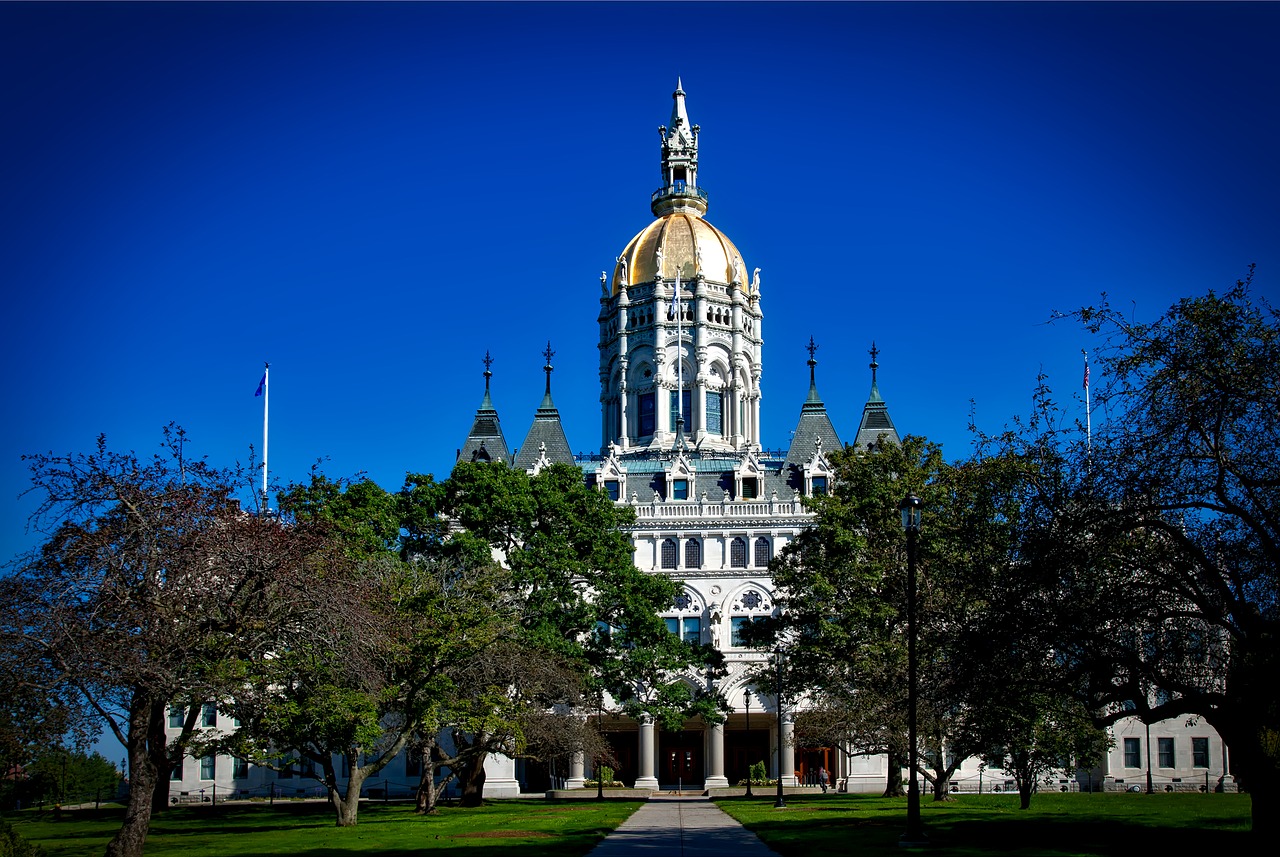By Frank Andorka, Senior Correspondent
What Happened: Yesterday, I promised you more information on why pending legislation in Connecticut that would eliminate net metering would be a disaster for the solar industry.

The level of awful in the Connecticut solar bill that is careening drunkenly toward passage as the session comes to an end is breathtaking in scope and stupidity.
SolarWakeup’s View: Yeah, the genius just keeps coming from what I’ve decided to dub the “Connecticut catastrophe,” which in case you aren’t aware is Senate Bill (SB) 9, a bill hellbent on destroying the solar industry in the state once and for all.
For today’s lesson in bad solar ideas, let’s discuss the…SPECIAL idea that because solar consumers are generating electricity, they should be considered regulated utilities.
Yep. That’s a thing supposedly “serious legislators” are discussing.
At issue here is something called the “average cost” calculation, which is how utilities set their rates. SB 9 wants to make the Connecticut catastrophe worse by lumping all solar generators – including residential installations – in with other massive electricity producers like utilities. The problem, of course, is that this puts an unreasonable burden on solar consumers to keep up with the reporting procedures and other regulatory hoops through which utilities must jump (I should say must RIGHTLY jump, given that their profit is guaranteed by the state).
Subjecting solar consumers to the same regulations as the utilities destroys the entire underlying rationale for homeowners to install solar arrays. As The Alliance for Solar Choice writes,
Pursuing an “average cost” approach instead of the standard value-based approach will undervalue solar energy, reduce consumer choice and jeopardize the viability of residential solar businesses. This may cause some residential solar businesses to shut down, particularly smaller, local solar companies with costs that are above-average.
This backwards approach could particularly impact low-income and middle class residents who rely upon no-money-down financing options to go solar. Most solar customers in Connecticut are below the median income level thanks to these financing options, which the new tariff could threaten.
Had enough yet? Wait until you see what this Connecticut catastrophe does to the community solar side of the business.
I can’t urge you strongly enough to get on the phones and tell Connecticut legislators not to destroy the state’s solar industry by passing this bill. No, seriously. Do it now. You only have six days left to stop this Connecticut catastrophe from moving forward.
More:
How To Screw Up Solar With One Horrid Bill (Connecticut Edition)
Here’s this asinine bill:
SB 9

